Unity Team Lead: Everything You Need to Know to Get a Job
A 1.6 trillion JPY market in 2021 and the reason you clicked this article.
This week I spoke with Reyna Mali Marquez, a consultant working with mobile gaming clients in Japan about what her clients are looking for in their Unity Team Lead applicants.
Reyna gave me the insights you need to land a job as a Unity Team Lead in Japan.
There’s a lot to cover, so let’s get started.
What is a Unity Team Lead?
As a Unity Team Lead, you will be the cornerstone of game development projects using Unity’s game development tools. You will guide a team of Unity developers from conceptualization to launch of mobile games. You will be setting the strategic direction and vision for all Unity-based mobile games.
Unity Team Lead Responsibilities
Architectural Mastery
You're the master planner when it comes to game architecture. You'll leverage your technical acumen to devise architectural frameworks for Unity 3D games, tailored for the Japanese market.
Team Leadership
You won't just manage a team; you'll guide a group of skilled Unity developers, ensuring the project moves seamlessly from conceptualization to launch.
Strategic Decision-Making
You will be making crucial decisions that affect the game's lifecycle. From setting up developmental milestones to allocating resources, your strategic oversight ensures that project goals are met.
Hands-on Development
While your leadership skills are crucial, you will need to get your hands dirty. Your role involves actively writing and reviewing code, debugging issues, and optimizing game performance for an unparalleled user experience.
Cross-Functional Collaboration
You will be the bridge between the technical and non-technical realms. In your day-to-day responsibilities, you'll collaborate with designers, artists, and other key stakeholders to transform the game's vision into a playable reality.
Now, let's break down what you'll actually do day-to-day:
Day to Day
Technical Direction: You'll steer the ship, making vital architectural decisions and guiding the team on best practices.
Code Review and Optimization: Your days will be filled with hands-on code writing and reviewing, ensuring the project meets performance benchmarks.
Project Management: You're the overseer, setting milestones and ensuring deadlines and goals are met.
Team Collaboration: You'll work closely with design leads and other departments, contributing to the game's continuous improvement.
Meetings and Coordination: Expect a lot of meetings and coordination with HQ.
Team Building: You're not just leading; you're mentoring and supporting your team.
Active Development: You'll be hands-on with the development process.
What does it take to work as a Unity Team Lead?
Requirements
What should you bring to the table?
A B.S. (or higher) in Computer Science or a related field.
8-10 years of software engineering experience, ideally in live service mobile games.
At least 5 years of experience with Unity 3D game development.
The ability to communicate effectively with both technical and non-technical stakeholders.
Bilingual communication skills in English and Japanese.
Bonus Points
A strong sense of initiative and ownership.
Experience building a game from prototype to launch.
Comfort and effectiveness working across a range of technologies.
Which skills are the most important? Here are the top 5 skills that Reyna mentioned in our conversation.
Top 5 Unity Team Lead Skills
1. Mobile Gaming Expertise
Why It Matters:
Your role will be heavily tied to mobile gaming; therefore, you should have a solid grasp of its unique challenges and opportunities. A deep understanding of mobile platforms, in-app purchases, and user interface design will set you apart from other candidates.
How to Develop:
Stay up-to-date with industry trends by following key mobile gaming news outlets, forums, and communities. Participate in mobile game development courses and workshops, and always be hands-on in experimenting with new mobile gaming concepts.
2. Bilingual Communication Skills
Why It Matters:
In a market like Japan, the ability to communicate effectively in both Japanese and English is invaluable. It enables seamless coordination with both local and international team members, vendors, and stakeholders.
How to Develop:
Invest in language courses, both formal and informal, to sharpen your linguistic skills. Practice regularly with native speakers and immerse yourself in environments where both languages are commonly spoken.
3. Architecture Planning
Why It Matters:
A Unity Team Lead must design the backbone of a game project, determining how each component interacts with the others. Your ability to plan architecture efficiently can make or break the project's long-term viability.
How to Develop:
Study architectural patterns and best practices in software design, particularly those specific to game development. Work closely with experienced architects on complex projects, and if possible, take on architectural responsibilities in smaller projects to gain practical experience.
4. Team Leadership and Soft Skills
Why It Matters:
The ‘Team Lead’ in Unity Team Lead isn't just for show. You'll be responsible for guiding your team through the development process, resolving conflicts, and ensuring that everyone is aligned with the project’s objectives.
How to Develop:
Consider taking courses in project management and leadership. Actively seek out leadership roles in your current position to gain practical experience. Learn conflict resolution techniques and practice active listening to become a more effective leader.
5. End-to-End Development Process Know-How
Why It Matters:
You'll oversee the project from concept to launch, and possibly beyond. Understanding each stage of the development lifecycle ensures that you can guide your team effectively, making the right decisions at the right times.
How to Develop:
Work on diverse projects that allow you to experience different phases of game development. Participate in cross-functional meetings that touch upon aspects like design, testing, and deployment, so you can gain a holistic view of project development.
Bonus Skill: Proficiency in Python and Java
Why It Matters:
While Unity primarily utilizes C#, a strong grasp of Python and Java can offer you additional versatility. These languages come in handy for scripting, automating tasks, and even for server-side logic, broadening your toolkit for problem-solving and innovation.
How to Develop:
If you're new to Python or Java, start with beginner courses available online or through accredited institutions. If you already have some knowledge, deepen your understanding by contributing to open-source projects or by creating utilities that can aid in your game development workflow. The more you practice, the more proficient you'll become, further amplifying your value as a Unity Team Lead.
What are the career prospects for someone passionate about mobile gaming? Let’s dive in.
Career Progression
The game is set to go global, so your salary and career growth potential are as expansive as the game’s user base. You'll even have opportunities to travel to the U.S. Most importantly, you'll have the privilege of choosing your team. Your growth will be aligned with the company's trajectory.
Here are some potential future positions:
Technical Director
Chief Technology Officer
Founder of a gaming startup
Ready to apply? Here are 10 things to keep in mind.
10 Tips for Landing the Job
1. Showcase Your Mobile Gaming Background
Ensure your CV includes your extensive experience in mobile gaming. This is the industry you'll be diving into, so companies want to see that you already know the terrain. Mention specific projects you've worked on and your role in them.
2. Elaborate on Your Unity Expertise
Don’t just say you've worked with Unity; detail how you’ve leveraged the platform in past roles. Discuss the kinds of games you’ve helped develop, the challenges you faced, and how you overcame them. Your prospective employer needs to visualize you as the Unity sage you are.
3. Mention Tech and Tools
Clearly outline your familiarity with essential software and programming languages. Whether it's C#, Blender, Unreal, or Python, these specifics can give you an edge. And remember, the more years of experience you can show with these tools, the better.
4. Spotlight Your Bilingual Skills
If you can communicate effectively in both Japanese and English, make that a selling point. In a market like Japan, language versatility can be a considerable asset, not just a cool fact.
5. Architecture Planning
Detail any experience you have in architectural planning in game development, particularly for mobile platforms. If you can showcase how your architectural decisions positively impacted past projects, you'll significantly elevate your application.
6. Leadership Credentials
You're applying to be a Team Lead, so underscore your people management skills. Offer examples of how you’ve successfully led teams before, met project milestones, and how you plan to lead the team you'll build.
7. Real-World Metrics
Employers love numbers. Talk about the user engagement rates, download statistics, or revenue growth that your projects have achieved. This can help paint a vivid picture of your real-world impact.
8. Portfolio and Demos
Provide direct links to the App Store or Google Play listings of games you've worked on, along with any other portfolio pieces. If you can, include testimonials or references from previous colleagues or supervisors.
9. On-Site Availability
Specify your ability to work on-site. For security reasons, many gaming companies in Tokyo, for example, require physical presence.
10. Tailor Your Application
Last but not least, don't send a generic application. Tailor your CV and cover letter to fit the specific Unity Team Lead role you're applying for, mirroring the language and requirements listed in the job posting.
When job searching, you should know the other titles used for this position, below is a list.
Alternative Titles for a Unity Team Lead
In the fluid world of tech and game development, job titles can often be interchangeable or vary from one company to another. It's essential to recognize these alternative titles when you're on the job hunt or seeking to understand the industry better.
Here's a breakdown of synonymous or closely related roles you might come across:
Unity Development Manager
This title emphasizes the managerial aspects of the role, focusing on overseeing a team of Unity developers. You're expected to balance hands-on coding with team leadership.
Unity Project Lead
This alternative title leans towards project management responsibilities. As a Unity Project Lead, you'll be responsible for planning, executing, and closing projects, in addition to coding and architectural duties.
Senior Unity Developer
Though not identical, the Senior Unity Developer often takes on responsibilities that overlap with those of a Unity Team Lead, especially in smaller setups. You might find yourself wearing multiple hats, from coding to decision-making.
Game Development Lead
This is a more generalized title and could involve platforms and frameworks other than Unity. As a Game Development Lead, your scope is broader but includes many of the technical and managerial duties of a Unity Team Lead.
Technical Director, Unity Division
In larger organizations with multiple tech stacks, a Technical Director in the Unity Division could essentially perform the same roles and responsibilities as a Unity Team Lead. This title often signifies a higher level of seniority and may involve cross-departmental coordination.
Unity Software Architect
While this role leans more toward the architectural side of game development, it's not uncommon for a Unity Software Architect to take on team coordination and strategic planning tasks.
Now let’s go over some of the questions that Reyna gets about working as a Unity Team Lead.
Unity Team lead FAQ
How does a Unity Team Lead differ from a Senior Unity Developer?
A Unity Team Lead not only delves into coding but also spearheads project planning and team management. On the other hand, a Senior Unity Developer might be highly specialized in coding and problem-solving but may not have the overarching responsibility of leading a team or project.
Is a Unity Team Lead the same as a Unity Project Lead?
While both roles involve leadership, a Unity Project Lead leans more towards project management tasks such as setting milestones and ensuring deadlines are met. A Unity Team Lead, conversely, is more of a hybrid, balancing both technical and managerial roles, including coding and architecture planning.
What's the difference between a Unity Team Lead and a Game Development Lead?
The primary distinction is the technology stack. A Game Development Lead might be technology-agnostic, and responsible for projects across various platforms and frameworks. A Unity Team Lead, however, focuses exclusively on projects developed in Unity 3D.
How does a Unity Team Lead compare to a Technical Director in the Unity Division?
The title of Technical Director usually indicates a higher level of seniority and may involve overseeing multiple projects or even entire departments. A Unity Team Lead is often more hands-on and directly involved in one particular project.
What separates a Unity Software Architect from a Unity Team Lead?
While both roles require strong architectural skills, a Unity Software Architect leans heavily on designing the technical aspects of a project. The Unity Team Lead, on the other hand, not only focuses on architecture but also on leading the team, setting goals, and ensuring project success from a managerial standpoint.
Can a Unity Team Lead role evolve into other positions?
Absolutely. With the leadership and technical skills you gain, transitioning to roles such as Technical Director, Chief Technology Officer (CTO), or even co-founding your own gaming startup are viable next steps.
How can I apply to be a Unity Team lead in japan?
Message us using this link to find out what Unity positions are available here in Tokyo!

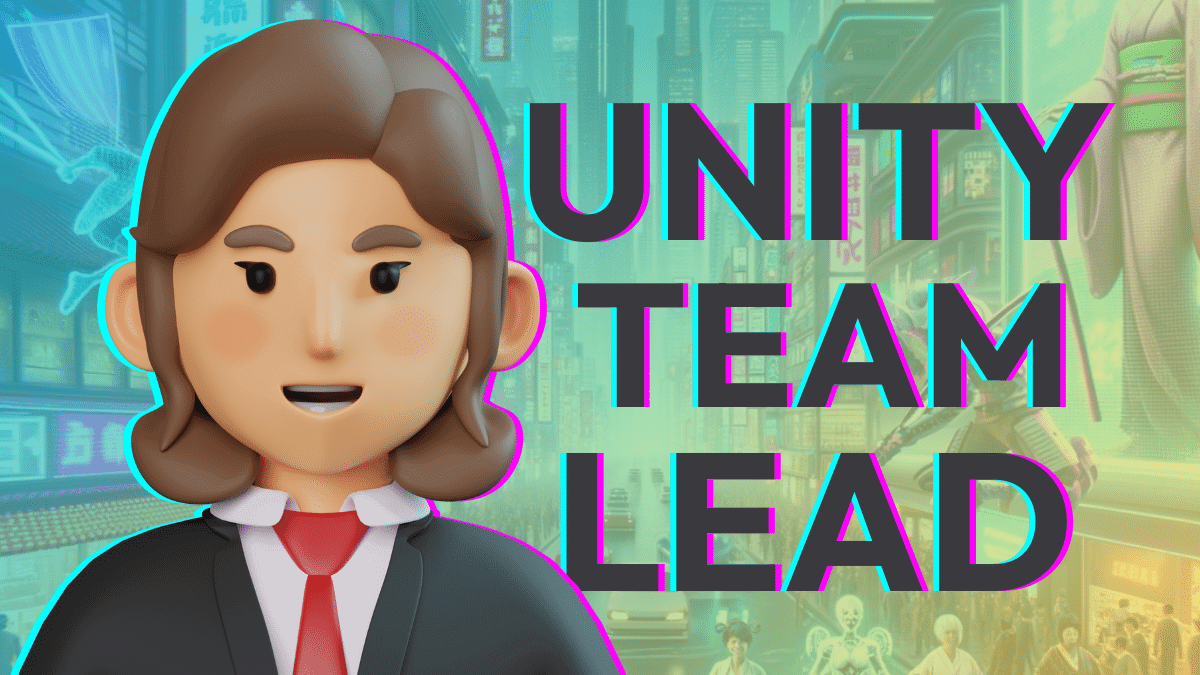



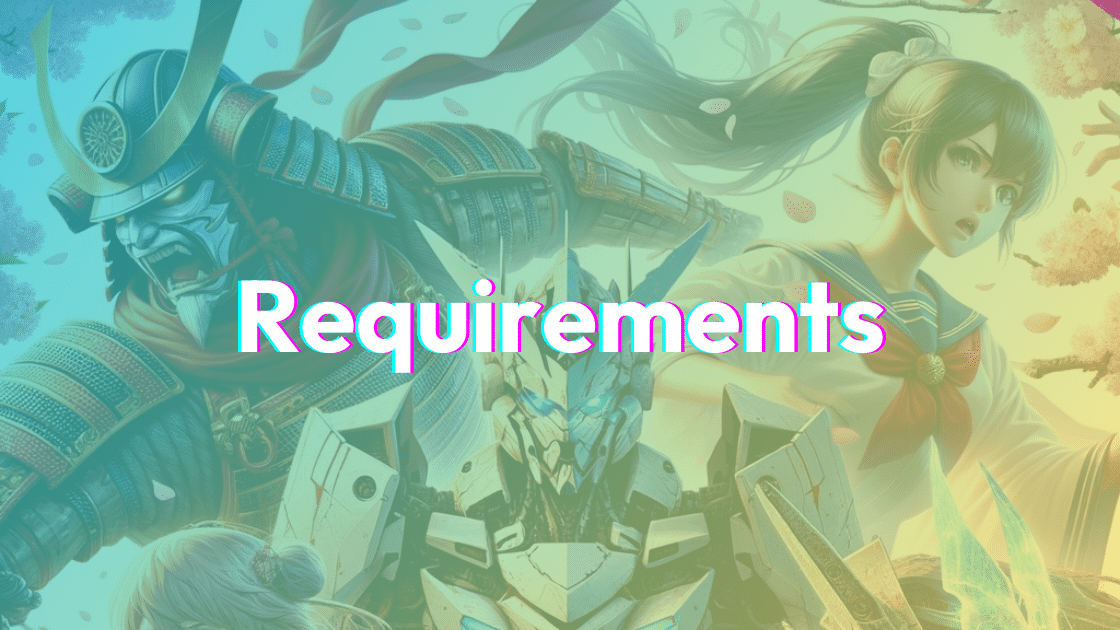
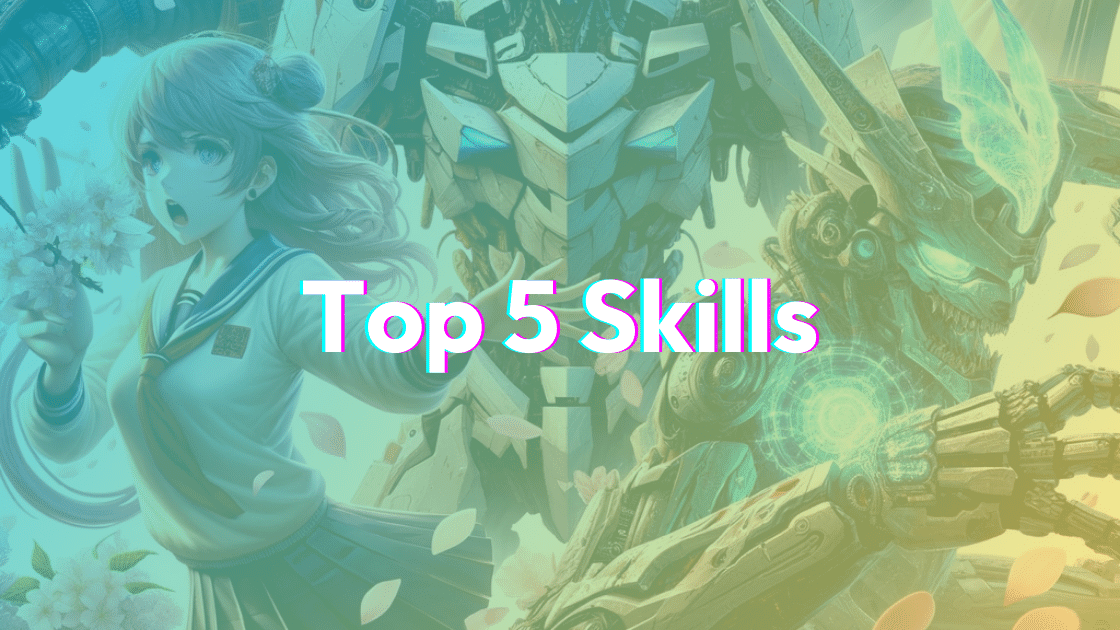
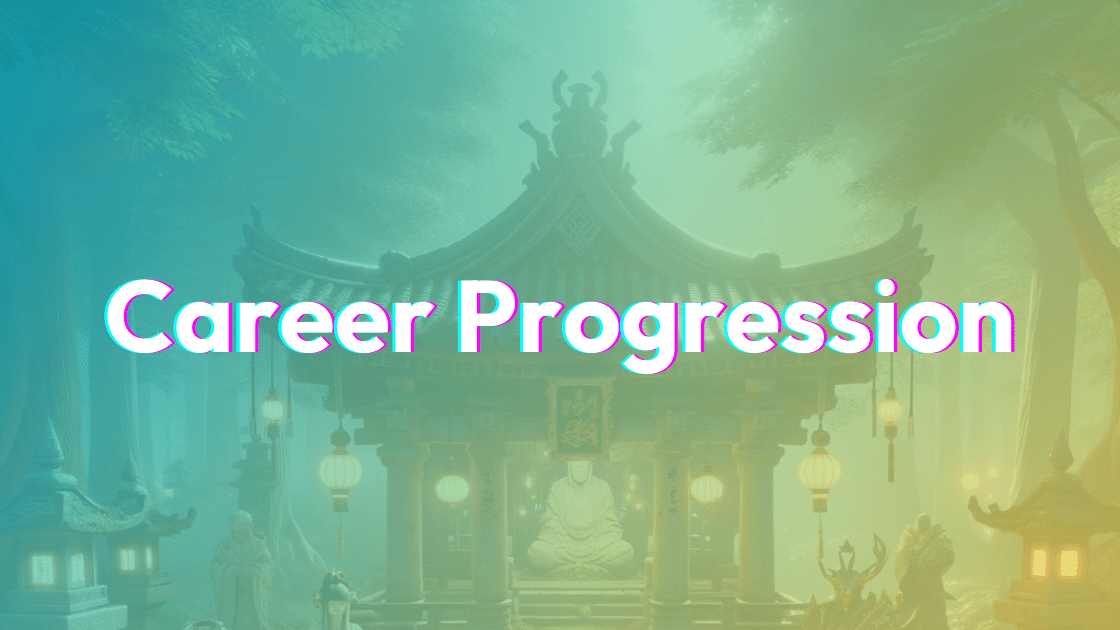


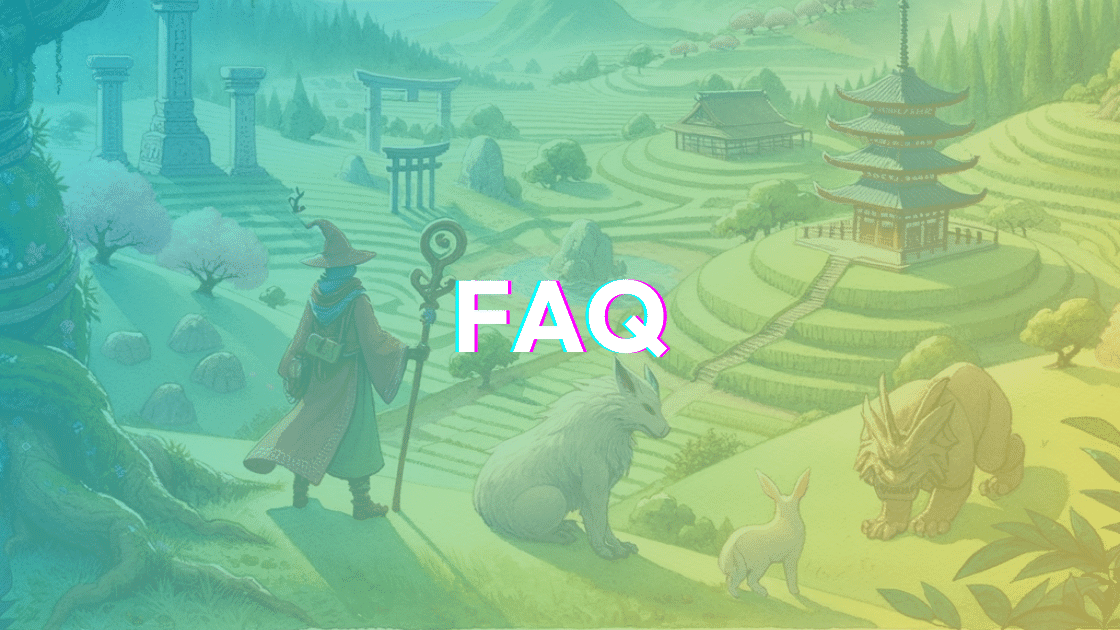
















![Presales Engineer Salary in Japan [NO ADS]](https://images.squarespace-cdn.com/content/v1/5c6e2dad94d71a1ea569fca0/1726807879580-PBSOTUL03B7DQRADXG1U/Presales+Engineer+Salary+blog+%28800+x+600+px%29.png)


